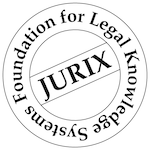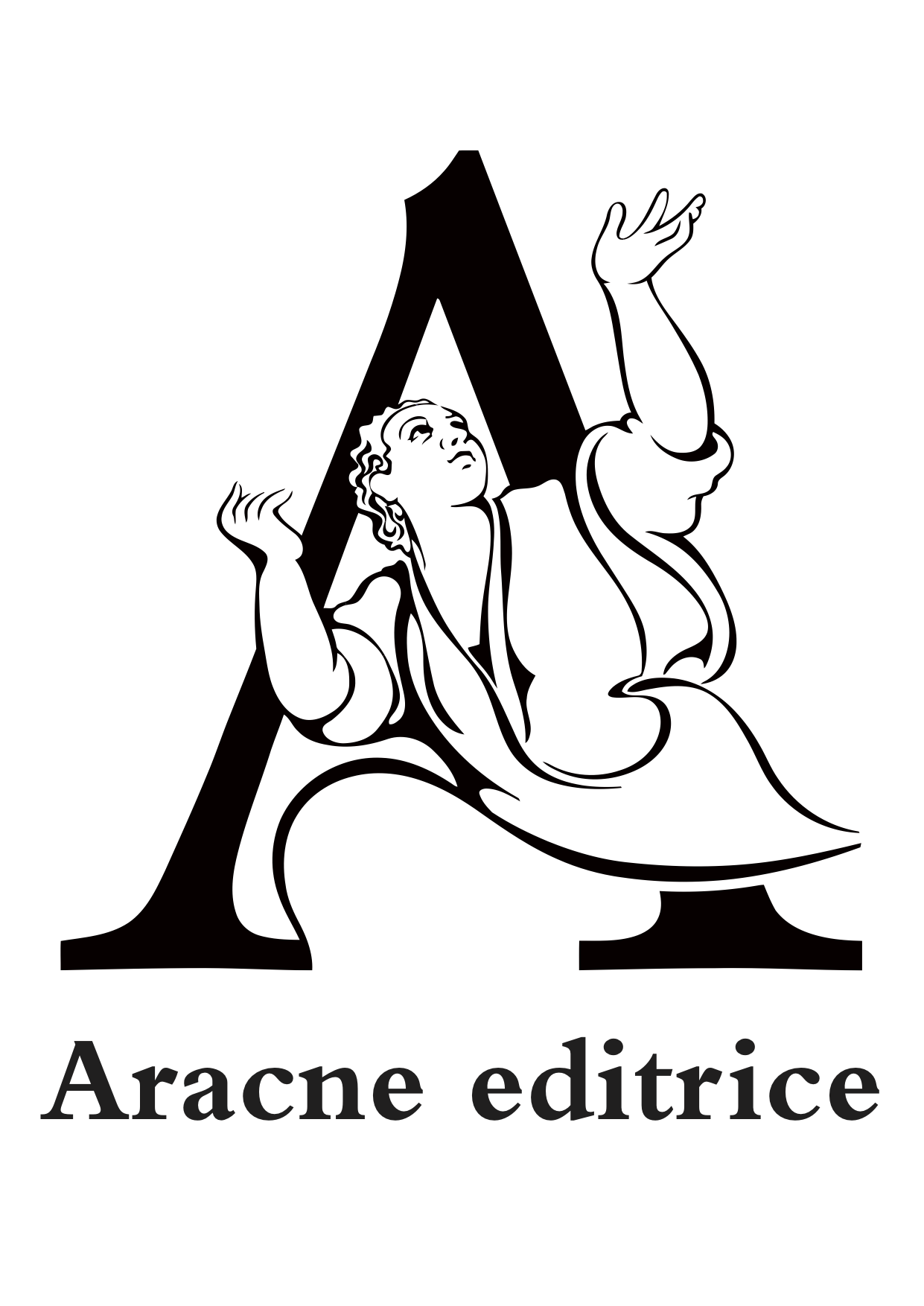Prof. Gerd Brewka
Intelligent Systems Department
Computer Science Institute
University of Leipzig
Title: Abstract Dialectical Frameworks and Their Potential for Legal Argumentation
Abstract: Dung’s abstract argumentation frameworks are widely used in argumentation for handling conflicts among (abstract) arguments. One criticism often advanced against abstract argumentation frameworks is that only one form of interaction between atomic arguments is permitted: specifically that an argument attacks another. Brewka and Woltranhave proposed a new model — Abstract Dialectical Frameworks (ADFs) — in which more general forms of argument interaction are captured. For instance, ADFs allow one to express that an argument supports another one, that two arguments, neither of which is strong enough individually, may jointly attack a third one, and what the effects are of combining attacking and supporting arguments, and the like.
To achieve this, each argument, x, is associated with an acceptance condition, C_x, which is some propositional formula whose truth status is determined by the corresponding status of those arguments y with (y,x) being linked in the ADF. Dung’s argumentation frameworks are recovered by setting as an acceptance condition for each argument the conjunction of the negations of its attackers.
Several semantics for ADFs have been defined, all of them generalizing the corresponding semantics of Dung frameworks. In the talk we review these semantics and discuss the potential ADFs have for problems in legal reasoning. As a specific example we will discuss the representation of proof standards.
Prof. Adeline Nazarenko
LIPN, Institut Galilée
Université Paris-Nord
Title: How to Assist Human Formalization of NL Regulations: Lessons from Business Rules Acquisition Experiments
Abstract: Decision systems usually rely on a set of business rules that describe the expected behavior of a system or an organization and that determine the decisions to be taken in different situations. However, rule acquisition is often the bottleneck that hinders the development of decision systems. When these rules are based on regulations written in Natural Language (NL), one solution is to derive formal business rules from the source documents. This approach also allows changing the rule base with the regulation when it is updated.
To address these problems, within the FP7 ONTORULE project, we have designed a method to formalize a base of business rules from NL regulations. We have also developed a tool that supports the work of domain experts and engineers knowledge in this process. This method of formalization involves several steps: a domain expert first extracts the relevant text fragments and rewrites them in the form of independent and autonomous rules written in controlled language; these normalized rules are then formalized for the target application by a knowledge engineer.
The talk will present the method of formalization and the tool that has been designed to assist domain experts and knowledge engineers in the exploration of textual sources and to help them interact in the formalization of business rules.






